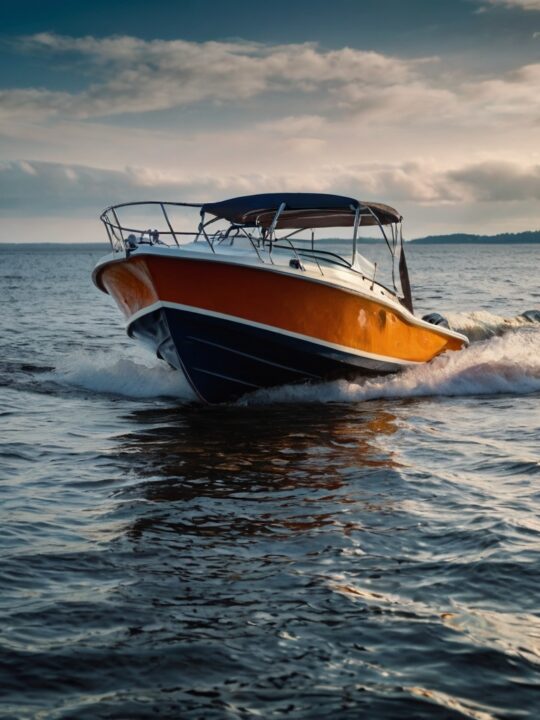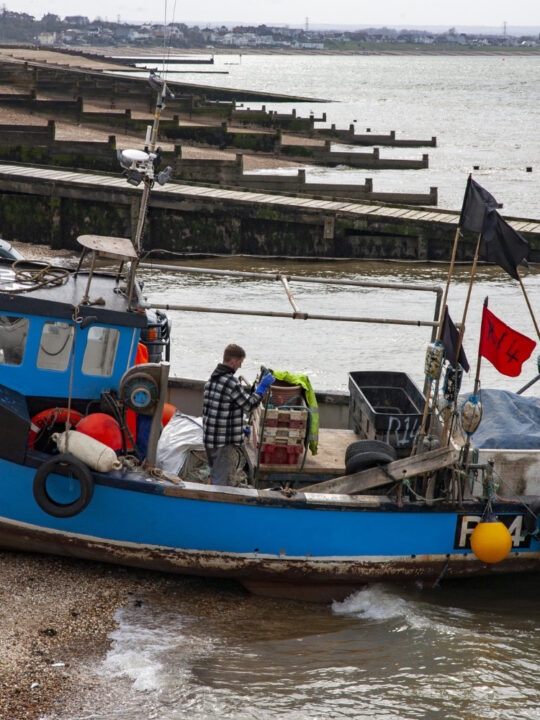 When you’re new to travelling, the prospect of visiting destinations unknown can be both exciting and a little daunting. It doesn’t matter whether you plan to travel within Australia or venture overseas, new horizons are both intriguing and can also present various challenges.
When you’re new to travelling, the prospect of visiting destinations unknown can be both exciting and a little daunting. It doesn’t matter whether you plan to travel within Australia or venture overseas, new horizons are both intriguing and can also present various challenges.
If you’re a novice traveller, there are some things you’ll want to be mindful of to get the most out of your adventures and the first tip below is highly recommended while you gain some experience.
Table of Contents
Consider Joining An Organised Travel Club
Rather than venturing off alone or with just one other friend, if you join an organised travel club near you, you’ll be able to enjoy adventures in the safety of a group situation where everyone helps one another.
Some members of the group will likely be seasoned travellers, while others might be new to travelling like you. Groups can negotiate good discounts as well, so you might even save a few dollars.
Members of the group will be able to advise others on the best places to visit in Australia and abroad and when you’re in a group situation, you’re bound to have a lot more fun in a new location.
Search online for travel clubs in your area. For example, travel clubs in Western Sydney or the best travel clubs in Western Sydney.
Research Your Destination In Advance
Doing a bit of research on your intended destination has a number of advantages. For starters, you’ll become more familiar with what the area looks like, what there is to see and do and have a feel for the place before arriving there.
You can also research possible areas for tourists to avoid for your safety, along with other advice, such as whether you need to tip, the best ways to get around and see the sights, where you can meet up with other travellers and loads more vital information.
With the internet at your fingertips, thoroughly researching an intended destination is so easy these days, so be sure to take advantage of the information that’s out there.
Let Family Or Friends Back Home Know Your Whereabouts
Whether you’re new to travelling or not and whether you’re travelling solo or not, it’s always a wise idea to let people back home know exactly where you are at any given time and if you change destinations, communicate this to a friend or family member. This way, if something does go wrong, people know where to start looking for you.
Take Out Travel Insurance
You’ll definitely want travel insurance if you plan a holiday overseas. Depending on the policy you purchase, you’ll be covered against things like lost luggage or money, illness or injury, travel delays and a host of other important things.
Travel insurance will give you the peace of mind you need to truly enjoy your adventure without any concerns.
Pack Appropriately For the Destination
While it sounds obvious, people can forget what the climate may be like in their planned destination. Some places can experience major weather fluctuations in a single day, for example, so you will want to be aware of things like this and pack a variety of clothing for destinations such as these.
Spend some time making a list of the clothing and other items you plan to take and over time you’ll likely add to this list. Having a list in advance ensures you think of everything and don’t forget something important.
Make Your First Destination An Easy One
It might be wise to make your very first travel adventure one that is local and not overseas. It’s far easier to travel within Australia than to target a foreign destination. For starters, you won’t need a passport. There also won’t be any language or cultural barriers and no need to exchange Aussie dollars for foreign currency.
Start off by travelling somewhere not too far from home within your own state, then venture further afield within Australia before planning and embarking on your first overseas vacation.
The Wrap
Travelling is fun, exciting and also educational. Your adventures will fill your life with fond memories and you’ll no doubt meet new and interesting people on your journeys. If you’re new to travelling, follow the tips in this article and other advice you find to ensure your travels are both safe and meet your expectations.







